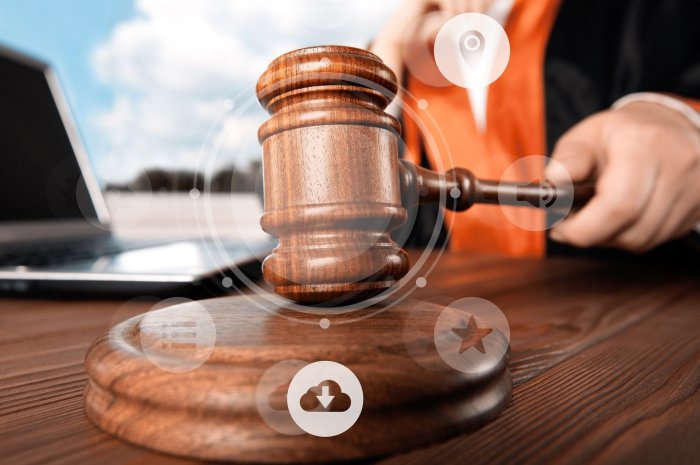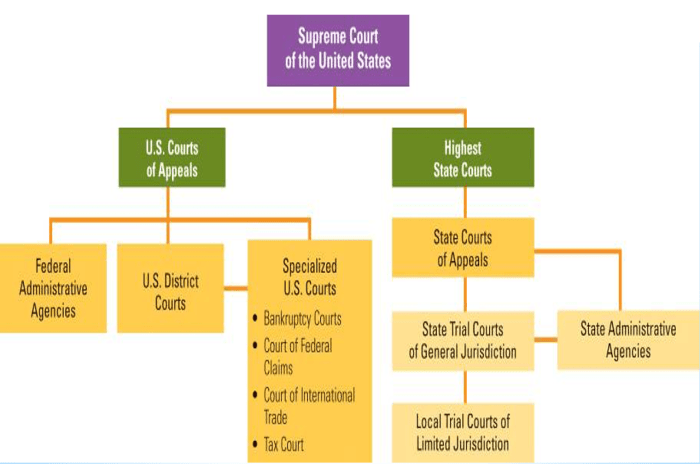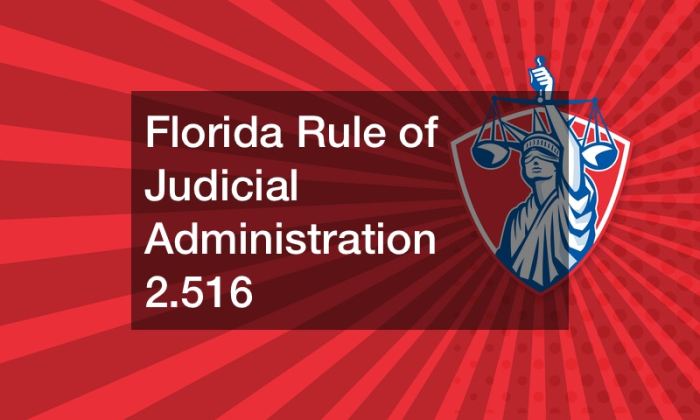Florida Rule of General Practice and Judicial Administration 2.514 is a comprehensive set of rules governing discovery and other pretrial procedures in civil actions in Florida state courts. This rule is designed to ensure the fair and efficient exchange of information between parties in a lawsuit, and to facilitate the just resolution of disputes.
The scope of Rule 2.514 is broad, and it applies to all civil actions, including personal injury, contract disputes, and family law matters. The rule sets forth specific requirements for the discovery of documents, depositions, interrogatories, requests for admission, physical and mental examinations, and protective orders.
1. Legal Authority and Scope of Application

Florida Rule of General Practice and Judicial Administration 2.514 is a comprehensive rule that governs discovery and other pretrial procedures in civil actions in Florida state courts. It is derived from the Florida Rules of Civil Procedure and is intended to provide a uniform set of rules for all civil cases.
The rule applies to all civil actions, including actions for damages, injunctions, specific performance, and declaratory judgments. It also applies to proceedings for post-judgment discovery and enforcement of judgments.
2. Discovery and Production of Documents

Rule 2.514 sets forth the requirements for discovery and production of documents. Discovery requests must be served on the opposing party and must specify the documents that are being requested.
The responding party has 30 days to respond to a discovery request. The response must either produce the requested documents or object to the request.
If the responding party fails to comply with a discovery obligation, the court may impose sanctions, including striking pleadings, entering a default judgment, or dismissing the case.
3. Depositions

Rule 2.514 also governs depositions. Depositions are out-of-court examinations of witnesses that are conducted under oath.
Depositions may be taken by any party to the action. The party taking the deposition must give the opposing party at least 10 days’ notice of the deposition.
The witness being deposed must answer all questions that are relevant to the action. The witness may refuse to answer questions that are privileged or that would tend to incriminate the witness.
4. Interrogatories and Requests for Admission
Rule 2.514 also governs interrogatories and requests for admission. Interrogatories are written questions that are served on the opposing party. Requests for admission are requests for the opposing party to admit or deny certain facts.
The responding party has 30 days to respond to interrogatories or requests for admission. The response must either answer the questions or admit or deny the facts.
If the responding party fails to comply with a discovery obligation, the court may impose sanctions, including striking pleadings, entering a default judgment, or dismissing the case.
5. Physical and Mental Examinations
Rule 2.514 also governs physical and mental examinations. Physical and mental examinations may be ordered by the court upon a showing of good cause.
The order for an examination must specify the scope of the examination and the name of the examiner.
The party being examined has the right to have an attorney present during the examination.
6. Protective Orders
Rule 2.514 also governs protective orders. Protective orders may be issued by the court to protect a party from discovery that is unduly burdensome or oppressive.
A party seeking a protective order must file a motion with the court. The motion must set forth the grounds for the order and the relief that is being requested.
The court will consider the following factors when deciding whether to issue a protective order:
- The burden or expense of the discovery
- The relevance of the discovery to the action
- The privacy interests of the party seeking the order
- The potential for the discovery to be used for improper purposes
User Queries: Florida Rule Of General Practice And Judicial Administration 2.514
What is the purpose of Florida Rule of General Practice and Judicial Administration 2.514?
The purpose of Rule 2.514 is to ensure the fair and efficient exchange of information between parties in a lawsuit, and to facilitate the just resolution of disputes.
What types of proceedings are subject to Rule 2.514?
Rule 2.514 applies to all civil actions in Florida state courts, including personal injury, contract disputes, and family law matters.
What are the requirements for serving discovery requests under Rule 2.514?
Discovery requests must be served in accordance with the Florida Rules of Civil Procedure. The timeframes and procedures for responding to discovery requests are set forth in Rule 2.514.
What are the consequences of failing to comply with discovery obligations?
Failure to comply with discovery obligations can result in sanctions, including adverse inferences, exclusion of evidence, and dismissal of the case.